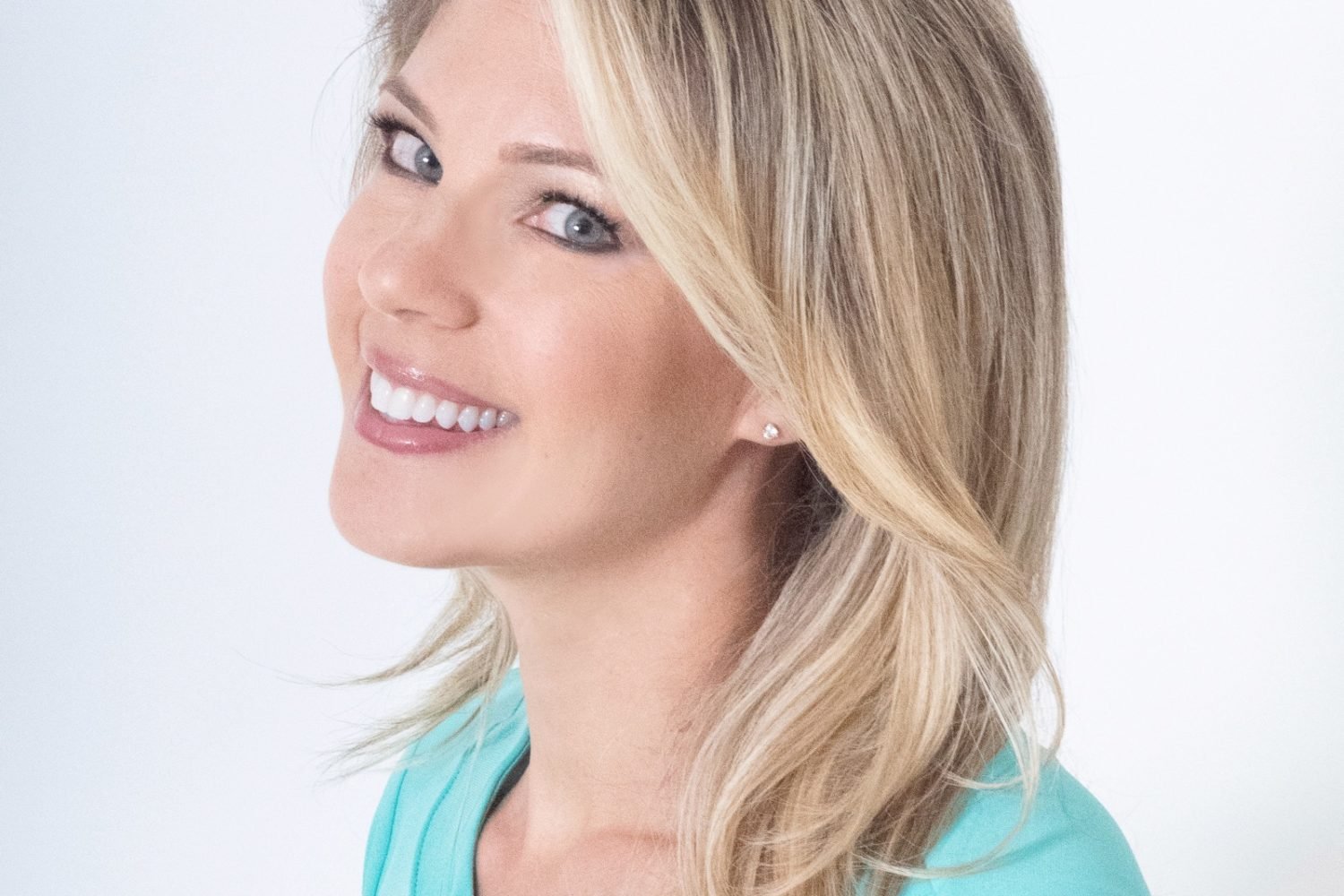
Peter Sturtevant Jr. is director of the School Counseling Group, one of the Washington area’s leading school placement consultant firms. With offices located on MacArthur Boulevard in DC, SCG has several counselors who advise on all schools, ages, and grades including special needs. The group was founded in 1979, and Sturtevant became director in 2000. He is a former private school administrator–he worked at the Gunston School in Centreville, Maryland–and taught for a decade at the Maret School in Northwest. He’s also a Washington native who attended the Potomac School and Landon before college at Middlebury in Vermont.
For individuals in Sturtevant’s line of work this is the busiest time of year, when schools are sending out thin letters or fat packets announcing acceptance, rejection, or the waitlist. It’s equally tense for parents and students.
We checked in with Sturtevant to find out who lands on the waitlist, how to get off it, and the craziest things parents do for their children.
In a typical year, how many students do you represent?
Somewhere in the neighborhood of 200 to 300.
What does it cost to use your company’s services?
It depends on the service–from $950 for a consultation up to $5,000 for special-needs placements. College admission is about $3,000. Day-school admissions can range from an hourly rate to $3,200.
How difficult is it to get into one of the Washington area’s top-tier independent schools?
That’s about ten schools. Some are easier to get into than people think–and the idea that some of them are impossible to get into is a myth. However, at the high end, depending on the class and the year, you have to be a student who is exceptional.
What’s the range of grades and ages you represent?
Preschool, more typically elementary school, up to college and into graduate school. We also do a lot of work with “failure to launch” young adults.
What do you mean by that?
Your kid goes to college and flunks out, or wasn’t ready, or is a student who never attended college or dropped out, and is living at home and not accomplishing a whole lot. Believe it or not, the oldest client I served of that ilk was 36 years old.
Did he finally “launch”?
Yes. At least we got him out of his parents’ house, though they are probably still sneaking some money to him.
But this wasn’t about getting him an education?
Our services extend beyond education.
It sounds like you border on being a life coach.
Absolutely. Sometimes I think of myself as an emotional-growth travel agent.
Right now is the peak of acceptances, rejections, and wait listings. Has this been a particularly tough year?
I can tell you we’re experiencing more applications to the independent schools and higher-quality applications.
Is that because we’re still in the post-first Gulf War baby boomlet?
Yes, but the economy is also improving, and as a result, there’s less psychological anxiety about the future. But I can tell you this: when the economy got tight, a lot of folks who couldn’t afford to send their kids to independent schools took a gamble with the public schools–and, guess what, it worked out pretty well. But some kids just need more structure, and now parents feel more ready to spend some resources.
Are there lots of schools to choose from?
Yes, but there aren’t any more independent schools than there were 30 years ago, not at the top tier. The only change is that some that weren’t so notable 30 years ago have become more notable. A lot of schools have strengthened themselves. St. Patrick’s, for example, is one to watch; it’s well positioned in this regard.
So would you say the Washington area is a good market for the development of new independent schools?
I think so. It would be a blast to start a new independent school, one that might be more vocational, with cutting-edge computer science, cutting-edge health-care education, along with everything else.
How does a student end up on the waitlist?
For the most part it’s kids who are clearly admissible, clearly can do the work, and would be an asset to the school community, but they aren’t in the top tier of applicants. For a variety of reasons they don’t quite measure up. So much is nuance.
What percentage of applicants goes on the waitlist?
It depends on the school and its historical track record. The school tracks how many to admit and how many will actually come, which is a guessing game and a challenge. It’s much more of a challenge if more kids accept than you expected.
What gets you off the waitlist? If it’s a choice between academic excellence, extracurricular prowess, or family influence, what’s going to do the trick?
All of the above. It depends on the situation. I don’t think family influence outstrips the other factors, but there are times when it might. It’s going to depend a lot on what the needs of the school are. If it’s gearing up for a capital campaign, the school might be thinking about the family’s influence. On the other hand, if the school is thinking of expanding its athletic program, that could be the factor. It often comes down to who on the admissions committee makes the strongest argument for a particular kid.
What about a letter from a Supreme Court justice, which has been known to happen?
Meaningless. [pause] I shouldn’t say that. This is Washington. Letters are sent all the time. But there has to be a meaningful family connection, the person has to know the school well and be able to share that in a way that comes through. But watch that you don’t overstep. Letters from an influential person that say “I know the parent but don’t really know the son,” well, that doesn’t do a whole lot.
What are the major no-nos of trying to get off the waitlist?
Don’t offer money. Don’t badger the admissions office. Don’t send videos of your daughter in ballet class. Don’t bombard the office with volumes of information. Only share what’s useful–new information, like improved grades, new achievements, perhaps a recommendation from a teacher in a class where the grades have gone up. This kind of information is relevant and useful.
When should someone hire you?
Don’t hire us to get your kid into a particular school. It won’t work. That’s not how we work.
Would you be hired to get somebody off a waitlist?
I have been hired directly to evaluate a waitlist, to evaluate a candidacy, and to help a family develop contingency plans.
Who has a better chance of coming off the waitlist, boys or girls?
Depends on the ratios, but if the school is boy-heavy, then a girl, and vice versa.
What are the most stressful months of the year for your group?
January, February, and March.
How do you deal with angry parents?
I love converting angry parents into a relationship. There’s a reason for the anger, and we have to connect with it and make the most of it. The key is aligning expectations early in the process. But there are simply times when people just want to hear what they want to hear.
Is it ever outrageous?
I had a man call who said, “I have all the money in the world and I want my five-year-old to go to Harvard. You may think I’m crazy but that’s what I want.”


















